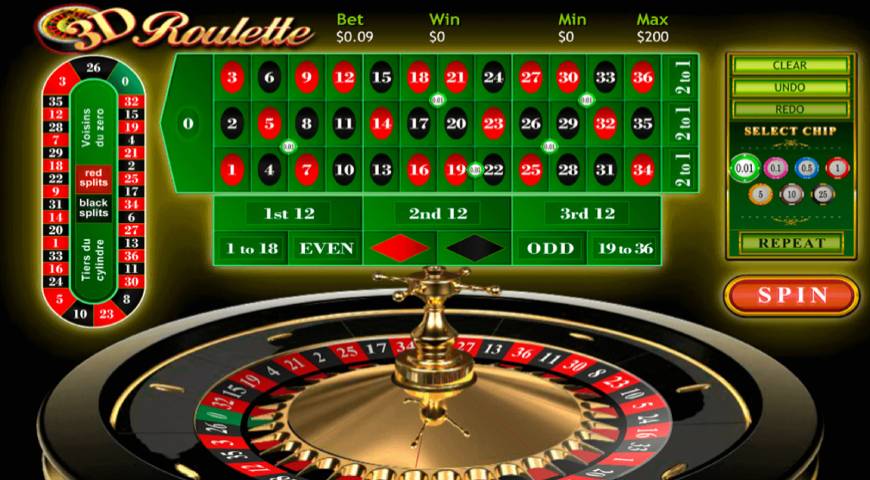What Does It Mean to Slow Roll in Poker?
In the realm of poker parlance, a myriad of terminology exists that novice players may find daunting. One such term is ‘slow rolling.’ Although it’s not a rule per se, understanding its meaning entails grasping more profound aspects of poker etiquette and strategies.
The Definition of ‘Slow Rolling’
So, what does it mean to slow roll in poker? To slow roll means to delay revealing a winning hand at showdown unnecessarily when there are no more cards or betting rounds left. By doing this, you allow your opponent to believe momentarily they have won before unveiling your superior hand.
Ethics and Etiquette Related to Slow Rolling
Inherently, slow rolling is viewed negatively. In fact, it is widely considered one of the most unsportsmanlike behaviors in poker. Why? Because it involves misleading your opponents into thinking they’re on their way to victory right before crushing their hopes with a superior hand — a manoeuvre deemed disrespectful by most players.
Strategic Implications of Slow Rolling
Does slow-rolling hold any tactical value? The answer is usually no. Generally speaking, slow rolling doesn’t offer any strategic advantage over direct play; it often results from poor etiquette or an attempt at emotional manipulation rather than sound strategy.
Examples of Slow Rolling in Poker
- If player A has Ace-King, and the board reads Ace-Ten-Nine-Four-Two (with nothing threatening like a potential flush), if player B waits for Player A to reveal his cards first despite knowing he has pocket Aces – thus taking the pot – he’s engaging in what we can understand as a poker slow roll.
- If two players make it all the way to the river and player C checks while holding a straight. Player D takes some time but eventually makes a bet and player C just calls without showing her strong hand, allowing everyone else to believe she has a weaker hand until they turn their hands up—this is another example of slow rolling.
Avoiding Being Labeled as a Slow Roller
An important point to note: What it truly comes down to when considering whether an action was indeed a “slow roll” is intentionality. If you genuinely don’t realize you’ve got the best hand until it’s showdown time, that’s excusable. However, consciously withholding information about having the top hand solely to deceive rivals qualifies as slow rolling.
To sum things up about “what does it mean to slow roll in poker.”, remember it comprises both ethical considerations besides gaming strategy – or lack thereof! While unlikely to get you booted from casual games, try avoiding such moves lest be labeled as “That Guy,” someone other people might prefer not playing against due to their demeaning tactics!





